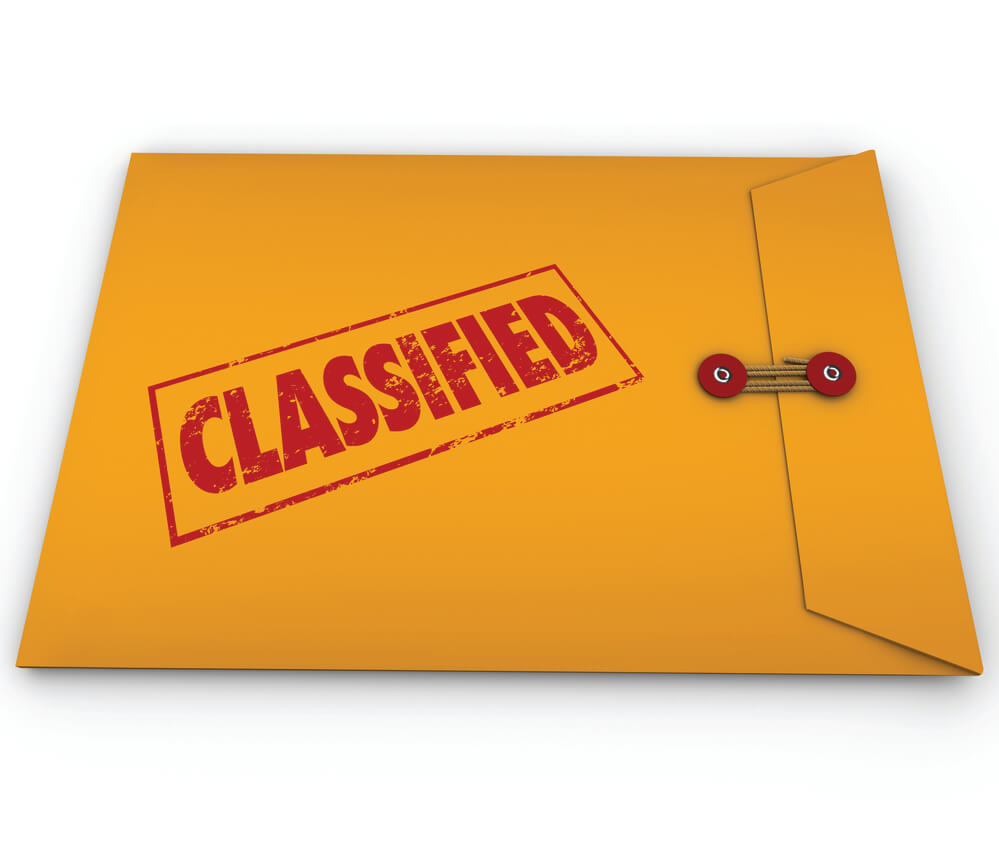
{Read in 3 Minutes} As a Trusts and Estates attorney, I write a fair amount of Wills for clients. Also, after someone dies, I represent both Executors and Administrators in handling the business of an Estate, handling any litigation, accounting to the beneficiaries, and getting the money out. So, having seen things on both sides of the equation, the planning, and the Estate, I thought it might be helpful to explore what information is helpful for people to tell their Executors during their lifetime to prepare them for their role.
Being an Executor can be easy or arduous. If the Executor has no information to start with, their most immediate tasks can be trying to piece together the deceased’s financial picture to understand which assets they need to collect and which debts they need to claim.
However, a little advance planning is helpful. Here are some things that people who write Wills can discuss with their Executors before they die:
1. It would be helpful if the Executor had some information on the person’s financial picture. This can include a list of real property, bank accounts, brokerage accounts, life insurance, retirement accounts, tangible personal property, pets, and intellectual property. With the Executor having this information in advance, everything will go more smoothly.
2. The Executor should know a little bit about the person’s income taxes. They will need to file the final 1040. They’ll need to prepare the person’s final 1040 and possibly some estate income tax returns. The person’s accountant can be a very helpful partner in that they likely have a lot of the necessary and relevant information to prepare those returns. With this information in hand, everything goes a little more smoothly.
3. Third, and finally, the person should let the Executor know what accounts are completely online and therefore don’t produce statements. A lot of times, Executors will wait by the mailbox in February to find out. However, if the person has elected entirely paperless statements and tax documents, the Executor’s going to be pretty lonely waiting by an empty mailbox. Having a list of online accounts is helpful. If the person is so inclined, they can also provide an Executor with password access — either a list or, preferably, some sort of secure online password keeper that the Executor can access to get this necessary information. Passwords and login information for social media may be helpful, as well, especially when announcing someone’s passing and sharing any funeral arrangements.
Like with almost everything else, organization is key. Planning can make your Executor’s life much easier, minimize the time it takes to complete the administration of an Estate, and get money into beneficiaries’ hands quickly.
For more information on this topic, please contact me.

